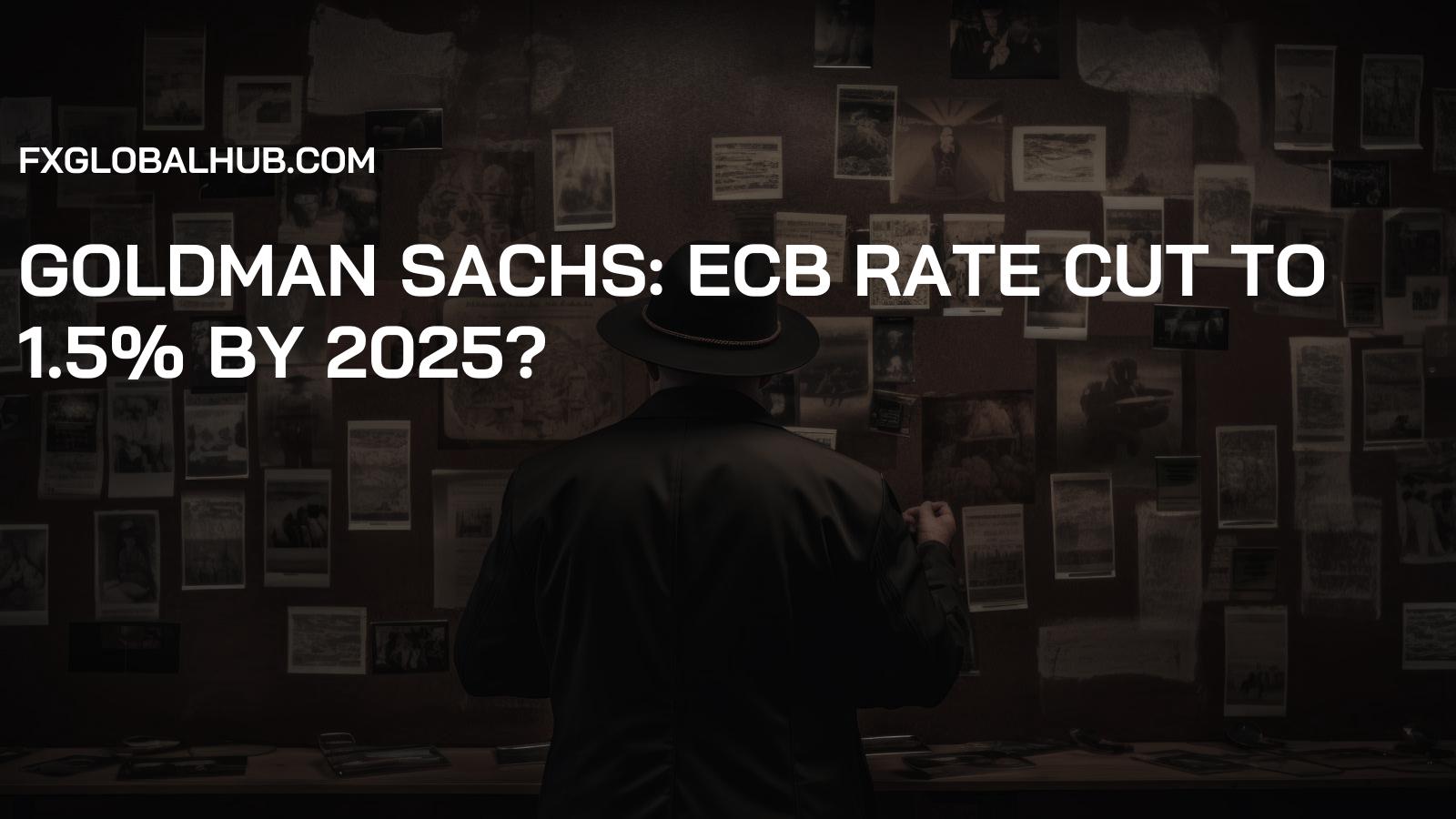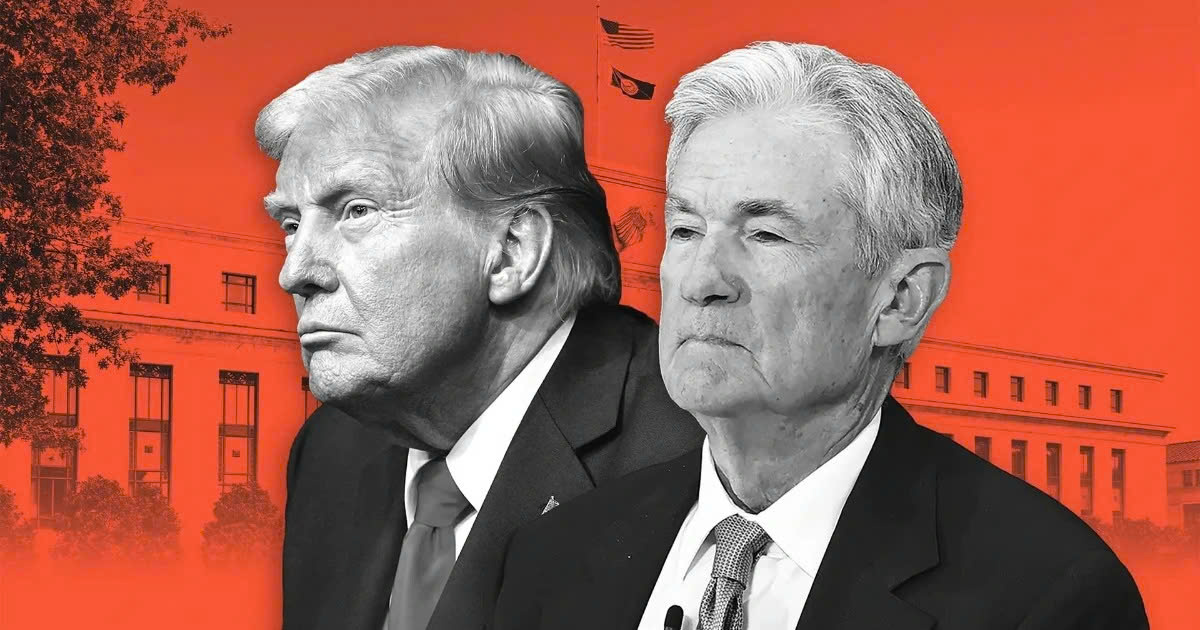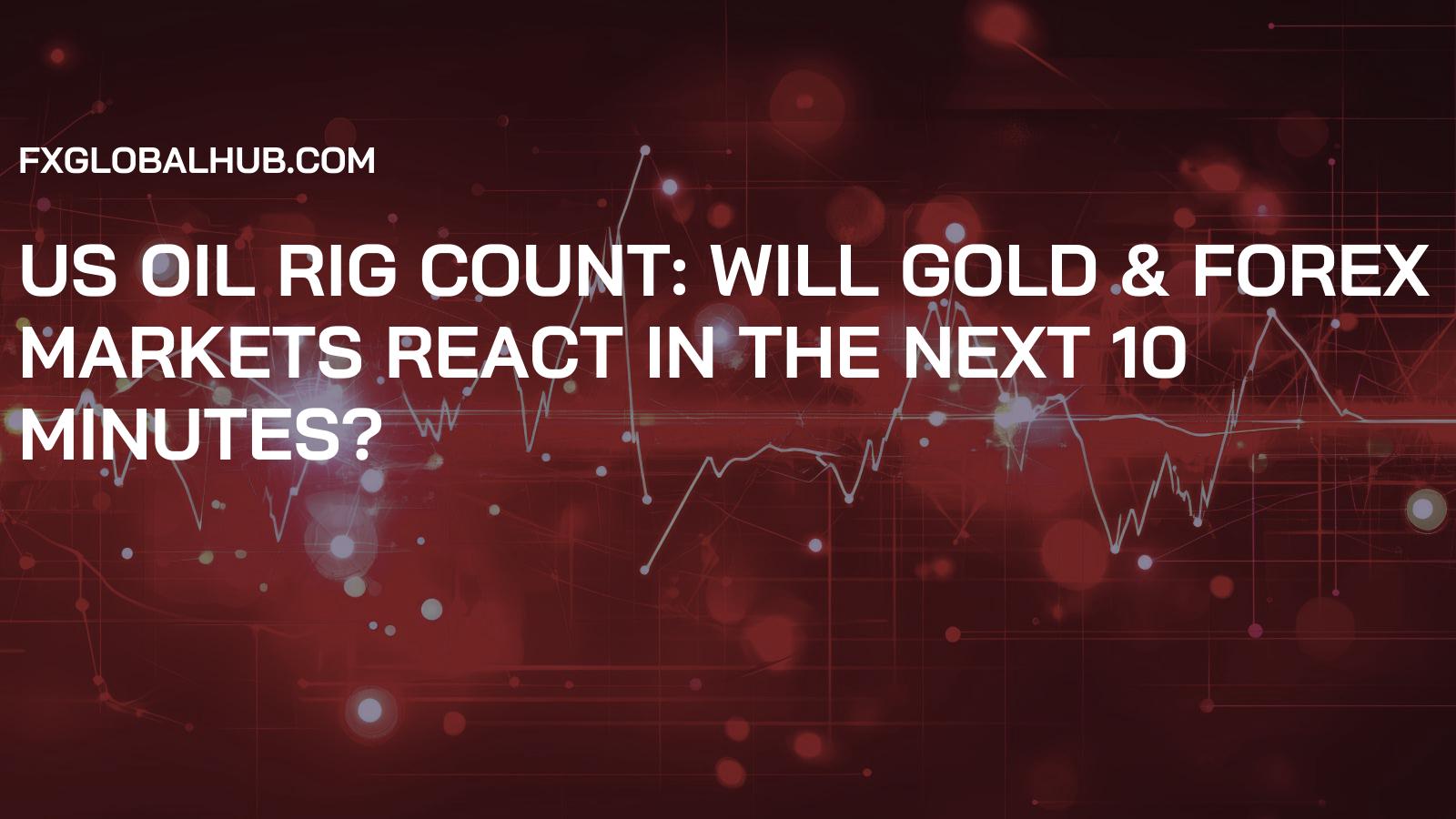FxGlobalHub: Goldman Sachs: ECB Rate Cut to 1.5% by 2025?
Updated: 2025/04/11 22:59:30
Goldman Sachs expects ECB to cut rates by 25 bps in September, reaching 1.5% in 2025. Analyze the impact on EUR and gold markets. ECB rate cut impact analysis.

Goldman Sachs' Latest ECB Rate Forecast
Goldman Sachs has released its updated forecast on the European Central Bank's (ECB) monetary policy, suggesting a further 25 basis point (bps) rate cut in September. This would bring the terminal rate down to 1.5% by 2025, lower than the previous forecast of 1.75%. This adjustment reflects expectations of a weaker economic environment and easing inflationary pressures within the Eurozone.
Forecast Details and Analysis
According to Goldman Sachs, the ECB's decision to cut interest rates will be driven by several factors, including:
- Slowing Economic Growth: The Eurozone faces challenges, including the impact of the conflict in Ukraine, high energy prices, and supply chain disruptions.
- Easing Inflation: Although inflation remains above the ECB's target, there have been signs of deceleration in recent months.
- Pressure from Financial Markets: Financial markets expect the ECB to continue easing monetary policy to support economic growth.
Goldman Sachs also forecasts further rate cuts by the ECB in 2024 and 2025, with a total expected cut of 75 basis points. This would bring the deposit rate to -0.5%, a historical low.
Impact on Forex and Gold Markets
Goldman Sachs' forecast could significantly impact the forex and gold markets:
- Euro: ECB rate cuts may put downward pressure on the Euro, reducing the attractiveness of Euro-denominated assets to investors.
- Gold: Lower interest rates typically benefit gold prices, reducing the opportunity cost of holding gold. However, the actual impact on gold prices will depend on various factors, including the global economic situation and investor risk appetite.
Comparison to the Previous Year
Compared to the same period last year, the Eurozone economic situation is different. Last year, the region was recovering strongly from the COVID-19 pandemic, and inflation began to rise rapidly. Currently, economic growth has slowed significantly, and inflation remains high but has shown signs of slowing down.
Related Financial Terms
- Base Interest Rate: The interest rate the central bank charges on loans to commercial banks.
- Basis Point: A unit of measurement of interest rates, equal to 0.01%.
- Monetary Easing: Monetary policy aimed at lowering interest rates and increasing the money supply to stimulate economic growth.
The ECB's adjustment of interest rates is crucial for regulating the Eurozone economy, and investors need to monitor the ECB's decisions to make informed investment decisions.
Trump Hints at Russia-Ukraine Peace Deal: Gold to Tumble, Forex to Surge?
2025/04/18 23:51:07

Daily news: Trump intensifies conflict with FED over interest rates, accuses Powell of "Playing politics"
2025/04/18 10:31:03

US Stocks Rise: What's Next for Gold & Forex?
2025/04/18 01:27:19

Trump's Mineral Deal: Gold & Forex Markets Brace for Impact!
2025/04/18 00:54:04

US Oil Rig Count Creeps Up: Is Gold & Forex About to Rumble?
2025/04/18 00:02:06

US Oil Rig Count: Will Gold & Forex Markets React in the Next 10 Minutes?
2025/04/17 23:50:39

EU Trade War Threat: Will Gold & Forex Markets Explode?
2025/04/17 23:46:16

US Stocks Rebound: Gold & Forex Under Pressure? Expert Analysis Inside!
2025/04/17 23:31:59
